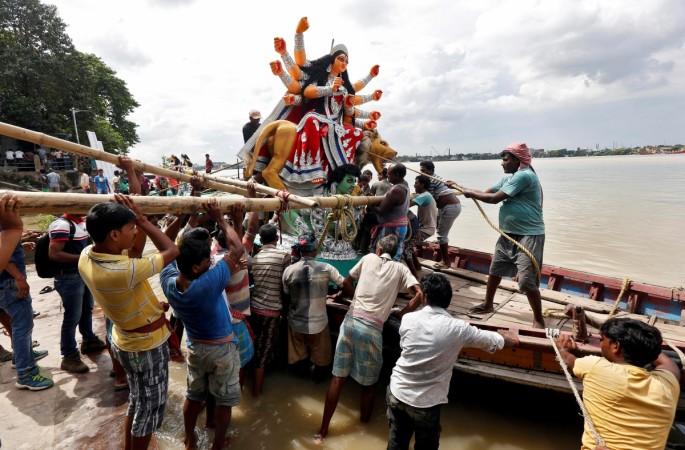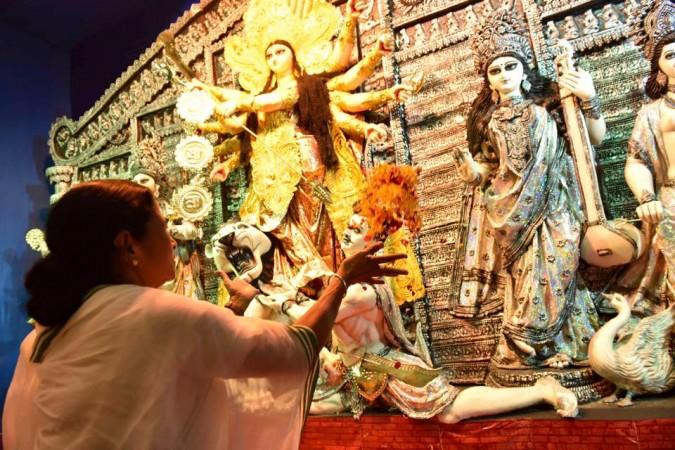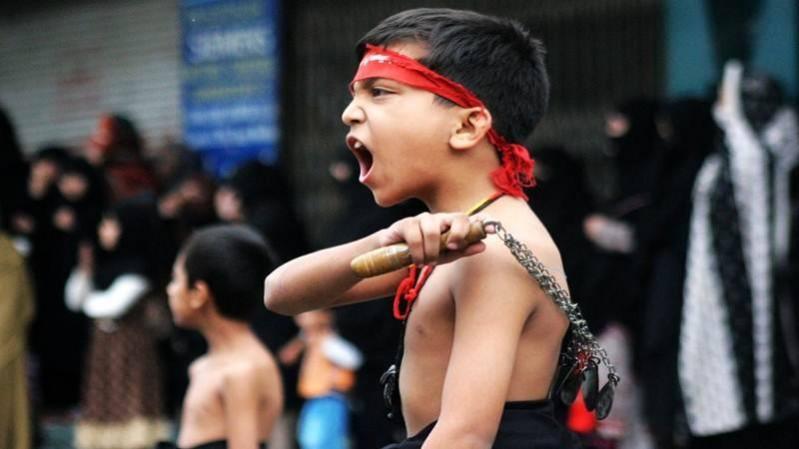
The Calcutta High Court on Thursday revoked West Bengal Chief Minister Mamata Banerjee's order forbidding the immersion of the Durga idols after 10 pm on September 30 (Vijay Dashmi) and on October 1 on the occasion of Muharram.
The court said the state government was "exercising extreme power without any basis." The order allowed the immersion of the idols till midnight on all days, including Muharram. It also directed the police to make sure routes were designated for the immersion as well as the Tazia processions.
"If you dream that something will go wrong, you cannot impose restrictions... There is a difference between regulation and prohibition... You cannot interfere with the faith of the people, treat them with equality," Acting Chief Justice Rakesh Tiwary said.
The court also asked the state government to provide a "concrete ground" for its decision to stop the immersion of Durga idols on September 30 and October 1. The order came a day after the court slammed the state government for obstructing "citizen's right to practice religion assuming that there will be law and order problems."
"Just because you are the state, can you pass arbitrary order?" the Calcutta HC told the state government adding that it was "exercising extreme power without any basis."
"People have the right to practice their religious activities, whichever community they may be of, and the state cannot put restrictions, unless it has a concrete ground to believe that two communities cannot live together," Justice Tiwary said.

The state government argued the restrictions had been put in place as "a preventive action to rule out any possibility of a law-and-order situation." However, the court said the administration did have the right to regulate but it cannot limit the religious rights of an individual.
"If you say there is complete harmony, are you (the state administration) not creating a line of division between the two communities by your action?" the court questioned while hearing a petition challenging the West Bengal government's decision.
"Let them (Hindus and Muslims) live in harmony, do not create a line between them," Justice Tiwary had said on Wednesday. It also noted that Chief Minister Mamata Banerjee had herself said at a public meeting that Hindus and Muslims lived together in harmony in West Bengal. "Listen to what the head of the state says, not a police officer," the court had said.
The court had earlier compared the handling of festivals by the Mumbai police and asked the West Bengal government as to why it could not do a similar arrangement to handle festivals in the state.
How it all began

It all began after the West Bengal government issued an order fixing the schedules for idol immersion during Durgan Puja and the Tazia procession for Muharram.
Citing law and order issues, the government said the immersion of the Durga idols must be done by 6 pm on September 30 or be restricted for a day until Muharram was over. It added that October 1 would be reserved for the Tazia procession during Muharram.
A PIL challenging Banerjee's order was then filed in the Calcutta HC. The PIL stated the government order was an attempt to create trouble between the two communities.

















